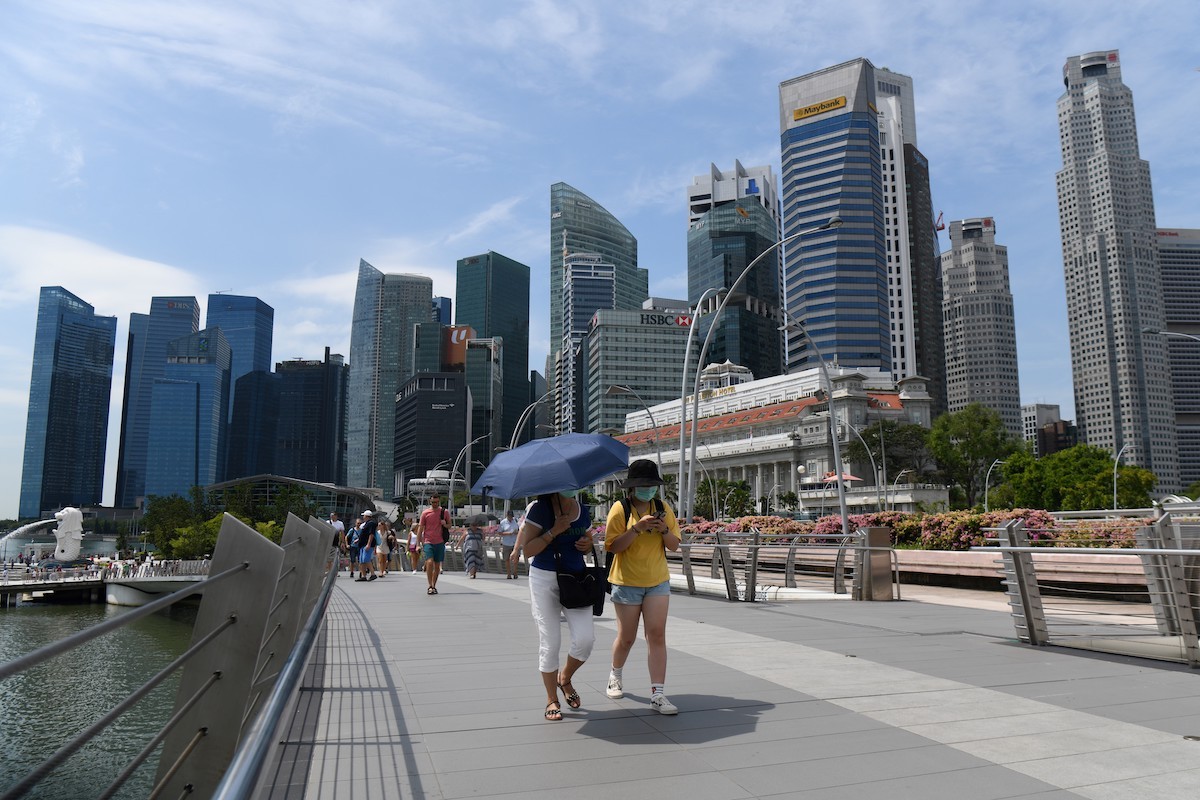Singapore’s move to block access to a Facebook page under a controversial fake news law has roused concerns at the social media giant and reignited criticism the legislation is merely a censorship tool.
On Feb. 17, Singapore’s Minister for Communications and Information S. Iswaran directed the recently established Protection from Online Falsehoods and Manipulation Act (POFMA) Office to have Facebook shut down the page for The States Times Review (STR).
The site was accused of failing to apply with three correction directives since November 2019, Channel News Asia Reports. The most recent directive was issued in response to an article critical to the Singaporean government’s handling of the new coronavirus outbreak.
STR issued a response on a new Facebook page attacking the “Singapore dictatorship”, saying the government claims used to justify the POFMA order were “ludicrous.”
In a separate statement, STR said Facebook is being “held ransom by the Singapore government because it has invested $1 billion building a data center in the island dictatorship.”
The States Times Review, run by Australia-based Singaporean political activist Alex Tan, is known for its outspoken, anti-establishment articles.
Facebook said in an e-mailed statement to Reuters it was legally compelled to restrict access to the page.
“We believe orders like this are disproportionate and contradict the government’s claim that POFMA would not be used as a censorship tool,” the statement read.
“We’ve repeatedly highlighted this law’s potential for overreach and we’re deeply concerned about the precedent this sets for the stifling of freedom of expression in Singapore.”
The government did not immediately respond to requests for comment.
Adopted in October 2019, the POFMA is intended to “prevent the communication of false statements of fact in Singapore and to enable measures to be taken to counteract the effects of such communication.”

Critics allege its primary targets are civil society, opposition figures, and others critical of the government.
The most stringent such law in the world, penalties for “communicating false statements” range up to 10-years imprisonment, a fine of up to S$100,000 ($731,000), or both.
Amnesty International has strongly come out against the legislation.
“When Singapore’s draconian fake news law was passed, Amnesty and others warned of its potential to be abused by the Singapore government and its notoriously litigious ruling party,” said Nicholas Bequelin, Amnesty International’s director for East and South-East Asia and the Pacific.
“The targeting of States Times Review is the latest proof that this law is simply a tool for censorship. Social media companies are being forced to comply with Singapore’s suppression of criticism online and the silencing of political opponents.”
On Jan. 6, Israwan claimed the government is not using the law to target ”certain types of people or organizations.”
With Reuters







